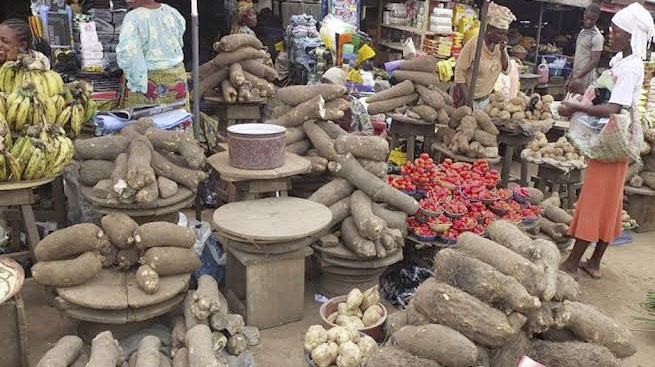
Nigeria risks widespread poverty as households prioritise food over education, savings

In fact, research has shown that aggregate shocks, such as financial, food, and fuel crises, can have significant adverse effects on household consumption, human capital, and labor decisions. This can lead to a situation where households are locked in a low-income equilibrium or poverty trap, making it difficult for them to break the cycle of poverty.
The situation is further complicated by the fact that Nigeria is already grappling with widespread poverty, with about 40% of Nigerians living below the poverty line. The link between poverty and food security is also a major concern, with many households struggling to access nutritious food, which can have a negative impact on their overall well-being and academic performance.
To address this issue, it's essential to implement policies that promote food security, education, and savings, while also providing support to low-income households to help them cope with the pressures of poverty. This can include initiatives such as food assistance programs, educational subsidies, and microfinance schemes to help households build their savings and invest in their future.
https://guardian.ng/news/nigeria-risks-widespread-poverty-as-households-prioritise-food-over-education-savings/